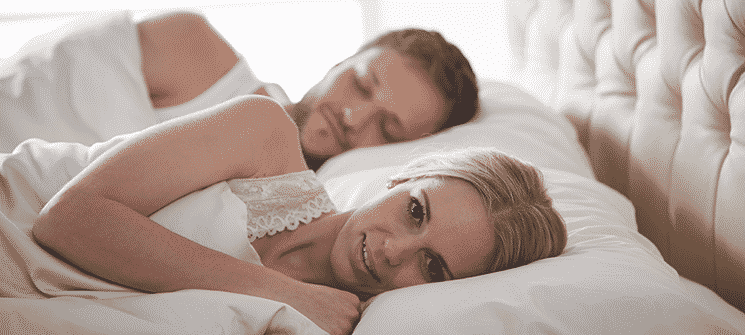Concerning really sleeping through, sleep medicine and sleep psychology have learned. Because, sleep and sleep habits are very individual. It is just like in sports — in the end it is only the result that counts: winning or losing. When the sleep-well-indicators motivation, awareness, wakefulness, health and well-being are right, one can say out of experience that the parameters for sleep are right, too. Here, one or two hours less sleep is not having such a negative effect. Because, one hour awake per night sounds like a serious sleeping through disturbance. But, during centuries it was common to be awake for an hour during night. Out of this reason, waking up at night is not automatically something to worry about.
Amazingly, sleep and its habits are versatile: people are able to sleep in different places and at different times. And the time of being awake is just as versatile.
I am sure, you once have read Don Quixote. There is a remarkable point in the book: “Don Quixote obeyed nature so far as to sleep his first sleep, but did not give way to the second, very different from Sancho, who never had any second.” Probably, you just have overlooked this scene like the most of us. But, Roger Ekirch, a Historian of the Virginia Tech University, was very interested in exactly this scene and he could not forget the quote: “first and second sleep”. So he researched in dramas, treatises, diaries and finally found more than 500 different quotes that made it clear to him: The human being used to sleep in two blocks of about four hours for centuries. And in between he lied awake for an hour! This hour was no agonizingly tossing and turning like it is described nowadays. In reality, it was some kind of daytime: people read, told stories, visited neighbours. Scholared spirits even recommended this hour for productive studies, doctors for creating children and the church for praying. A whole range of prayer books were dedicated to just this nightly hour awake.
Then, one invention steeped in history put a sudden end to this familiar rhythm: the electric light made the light bulb shine and the human being started to prolong his day wide into the night. More and more activities were delayed to the later evening and there was no longer time nor strength for the nightly hour.
That these medieval sleeping habits might have been more than just a historical anecdote was suggested by experiments. US sleep scientist Thomas Wehr let test persons spend daily 14 hours in complete darkness. After several weeks, a pattern very close to the medieval descriptions showed. The tested persons divided their nightly sleep into two phases – with a break of one hour, which they spent in a very relaxed state. But, you don’t have to worry: the modern society is not likely to quickly let go of the habit of the so-called “one-phase-sleeper” or “block-sleeper”. Our problem is rather the lost sleep and the therefore arising accumulated sleep debt.


This post is also available in / Diesen Beitrag gibt es auch in:


Leave a Reply